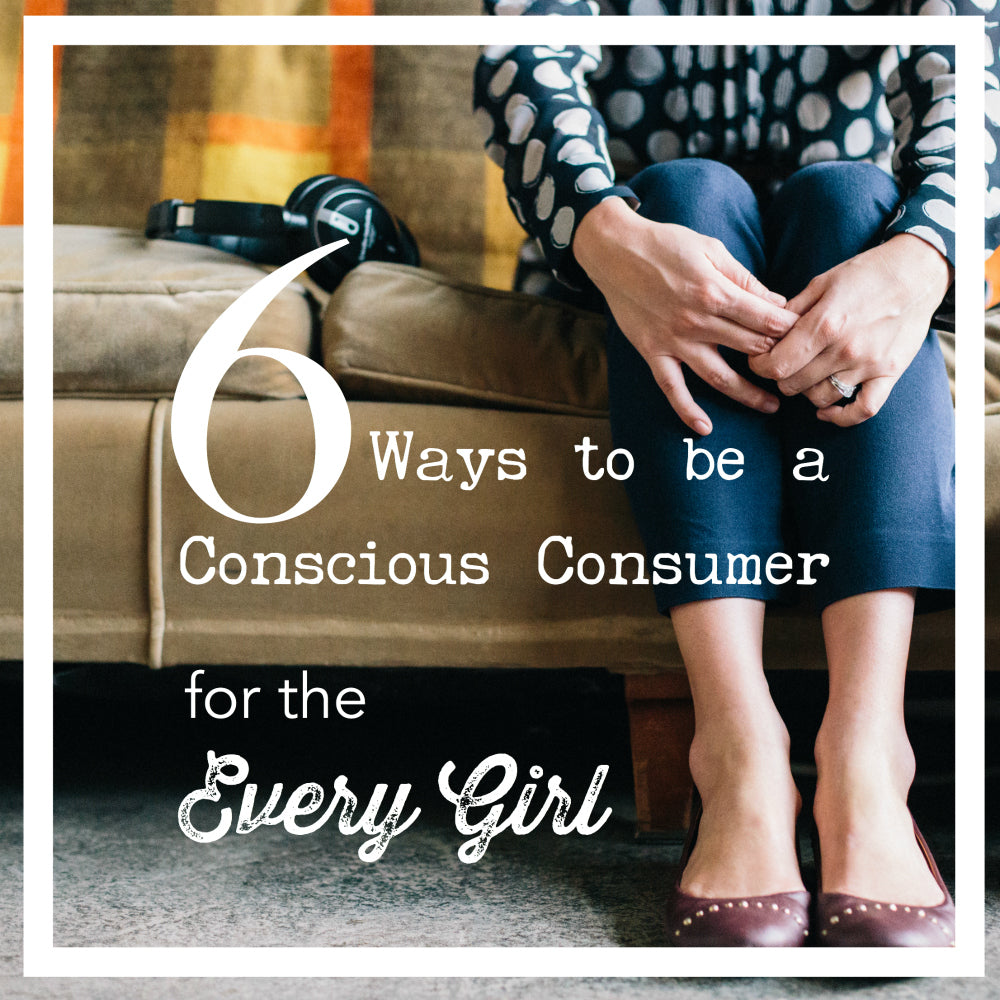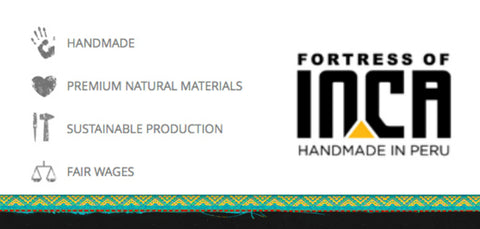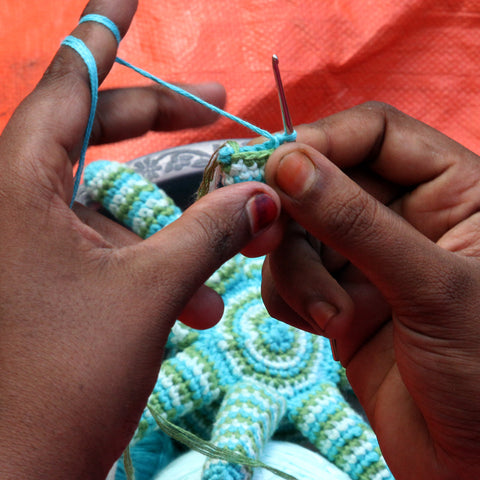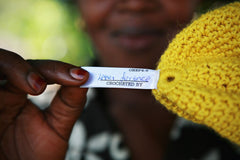
If you’re like the gals at Society B, you start your day with two words: Coffee first. Coffee is an essential part of life for millions of people, but not for the reasons you might think. Yes, coffee gives us that boost of caffeine we need to look alive and be alert in the morning. But for 125 million people, coffee is also the source of their livelihood. And when consumers make the simple choice to buy fair trade coffee, those tiny beans can make a huge impact.

By Brigette Marshall
I am a partially reformed fast fashion shopper. If I’m browsing the mall for my mom’s birthday gift and pass by an “additional 40% off all sale items” at Express or Forever 21, I have an undeniable, irresistible urge to go in. I can’t help but to be fascinated by all the trendy items I can add to my closet for the cost of a fast food lunch or maybe a magazine. I’m hooked on getting a “good deal.” But I’ve become more aware of ethical issues surrounding high-volume, low-priced clothing. So I'm sharing 6 easy ways to be a conscious consumer--steps that every girl can take to build a more timeless wardrobe that does good.

“Little by little, one walks far.” That’s the motto of Fortress of Inca, and appropriately so. Fortress of Inca is a footwear and accessories brand that is dedicated to fair trade and empowering the people who make their goods. In a time when cheap goods drive much of commerce, why does Fortress of Inca care so much about fair wages and safe working conditions? “Well, there are several reasons, but mainly cause we sleep better at night knowing that the people we are working with to create shoes, boots, and accessories are not being taken advantage of."

Pebble is a fair trade toy company that provides employment opportunities to women in rural Bangladesh. All Pebble products are hand-knitted by women who work for Hathay Bunano--a non-profit, fair trade organization whose mission is to create fairly paid and flexible jobs for women in rural Bangladesh who are often poor and disadvantaged. The jobs at Hathay Bunano fit within the rhythms of rural life to prevent economic migration to the cities. This means families can stay together--mothers with their children--with economic opportunities that are hard to come by in the area.
As consumers, we should all be aware (if not obligated to learn) of how our purchases affect people who make our goods. Check out The True Cost documentary and learn who is paying the cost for cheap, fast fashion.
 When three close friends from Spokane, Washington started crocheting unique headwear for snow sports in high school and college, the idea for a revolutionary non-profit company was born. Kohl Crecelius, Stewart Ramsey, and Travis Hartanov were dubbed the “krochet kids” by their local newspaper when they started taking custom orders and selling their crocheted beanies. Encouraged by family and friends to teach people in developing countries how to crochet as a means of breaking the cycle of poverty, they set out to change the world.
When three close friends from Spokane, Washington started crocheting unique headwear for snow sports in high school and college, the idea for a revolutionary non-profit company was born. Kohl Crecelius, Stewart Ramsey, and Travis Hartanov were dubbed the “krochet kids” by their local newspaper when they started taking custom orders and selling their crocheted beanies. Encouraged by family and friends to teach people in developing countries how to crochet as a means of breaking the cycle of poverty, they set out to change the world.